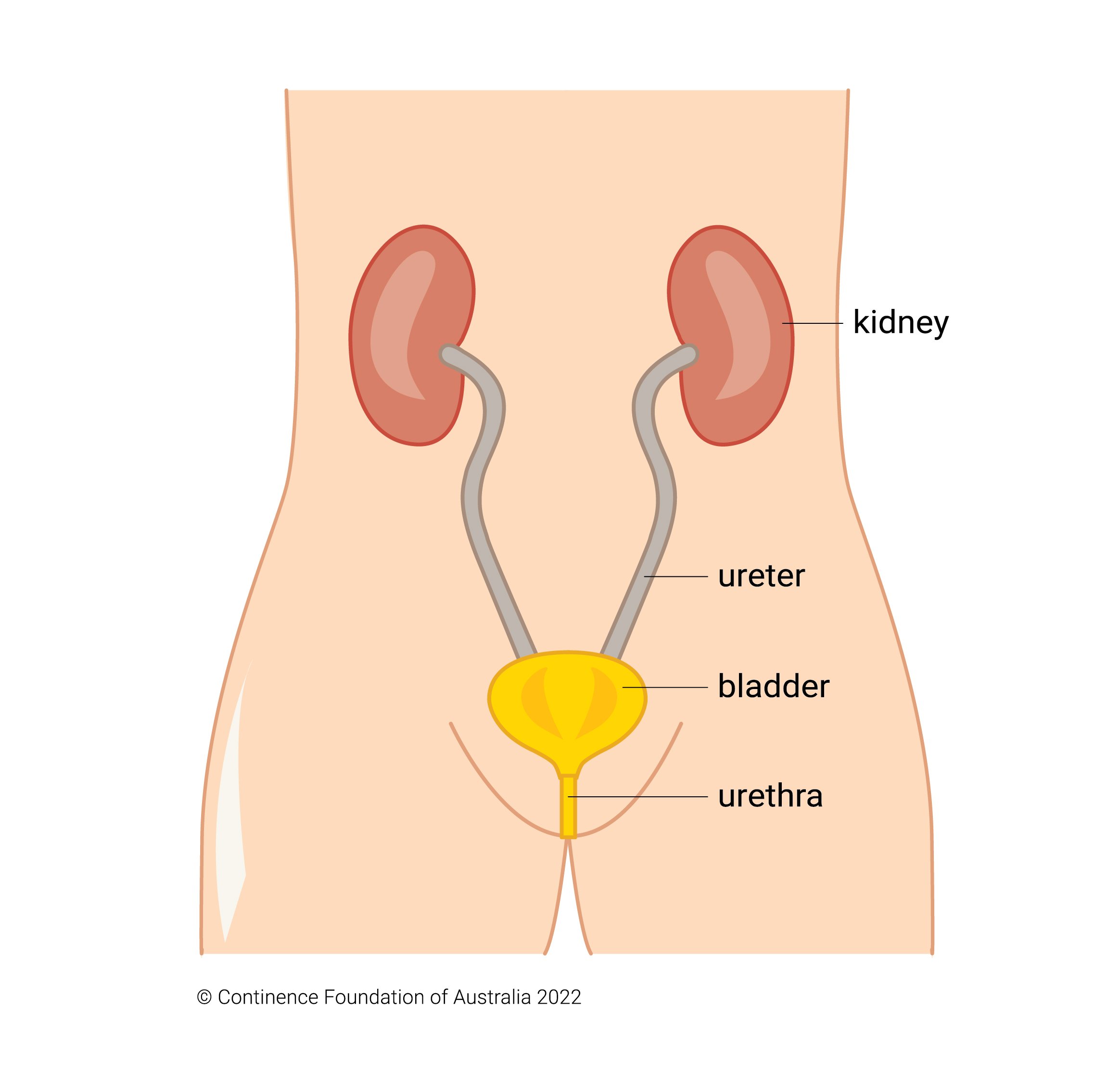On this page
What are the warning signs of a urinary tract infection?
What is the main cause of UTIs?
What is the best thing to do for a urinary tract infection?
What can you do to help prevent UTIs?
What are the warning signs of a urinary tract infection?
Signs and Symptoms
- Pain, discomfort or a ‘burning’ feeling when urinating (weeing)
- Needing to urinate (go to the toilet) more often or in a hurry (urgently)
- Urine (wee) that looks cloudy or has an unpleasant smell leaking urine (urinary incontinence)
- Leaking urine (urinary incontinence)
- Pain in the lower abdomen (tummy) or back
- Only being able to pass a few drops of urine at a time
- Fever, confusion, nausea (feeling like you need to vomit), vomiting.
What is the main cause of UTIs?
A urinary tract infection (UTI) is an infection in the urinary system. The urinary system is made up of the kidney, ureters (tubes from the kidneys to the bladder), bladder and urethra (urine tube from the bladder to pass urine from).
Most UTIs are caused by E. coli bacteria (germs), usually from the bowel.
These bacteria are normal and healthy in the bowel but when they move across to the urinary system, this can result in an infection.

UTI Risk Factors
Risk Factors include:
Women are more likely to get UTIs due to:
- Their shorter urethra allowing bacteria to enter into the urinary system more easily
- Menopause when changes happen to the tissues of the vagina (birth canal) and urethra because of a decrease in the hormone oestrogen
- The use of vaginal cream or diaphragms (cup in the vaginal canal) as contraception.
UTIs may also be due to:
- Diabetes, as this can change how the body protects you from infection
- Blockages in the urinary tract (such as the ureters or urethra) which may be caused by kidney stones, enlarged prostate or constipation
- Wearing incontinence products that have been soiled with faeces (poo) allowing the normal bacteria in faeces to enter the urinary system
- Using an urinary catheter because the catheter can allow access for bacteria to enter the urinary system.
What is the best thing to do for a urinary tract infection?
If you think you have a UTI, go straight to your doctor. They will organise a urine test. They may try to find the cause and prescribe treatment. The treatment for UTIs often involves antibiotics, but these are usually only recommended if you have symptoms.
If you regularly experience UTIs, your doctor may refer you to a specialist to have this looked into further.
What Can You Do to Help Prevent UTIs?
- Drink enough fluid. Your urine should be a pale yellow colour. This is especially important if you have a urinary catheter. Beware, some medication and foods can change the colour and smell of your urine.
- Wash your hands and always wipe your bottom from front to back after emptying your bowel or using the toilet.
- Empty your bladder after sexual intercourse if you find this has caused you to have UTIs in the past.
- Make sure you sit down on the toilet properly. Relax and allow enough time for your bladder to empty completely. This includes men sitting down, if needed, if you have trouble emptying your bladder.
- Take steps to avoid constipation. Constipation can prevent your bladder from emptying properly. You have a greater risk of developing a UTI if your bladder does not empty properly.
Can a UTI go away on its own?
You should seek a doctor’s advice for UTIs. Antibiotics are needed in most cases, including during pregnancy. A untreated UTI can cause an infection, when bacteria enters the bloodstream and it is life threatening.
How long does a UTI last?
Most UTIs can be cured. UTI symptoms most often go away within 24 to 48 hours after treatment begins. If you have a severe infection such as a kidney infection, it may take longer for symptoms to go away with treatment.
Where can I get help?
If you think you have a UTI, contact your doctor.
You can also contact the National Continence Helpline on 1800 33 00 66. Speak with a nurse continence specialist for free and confidential information, advice and support. They also provide a wide range of continence-related resources and information on local services.

